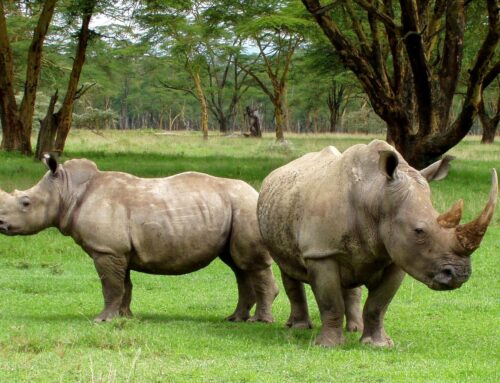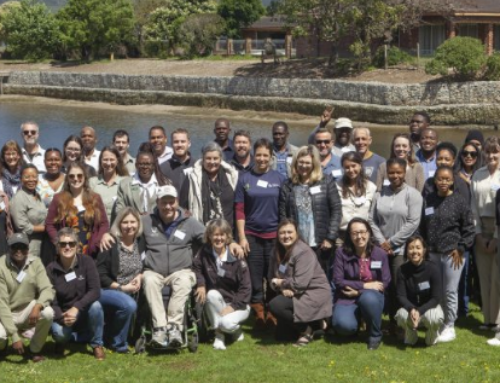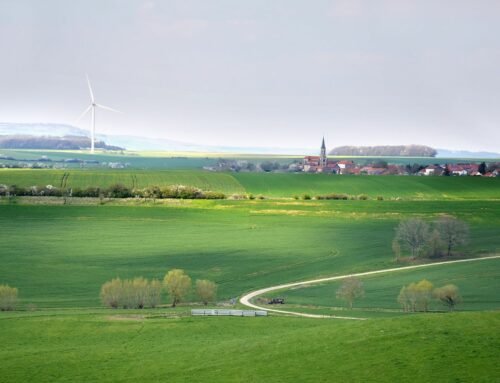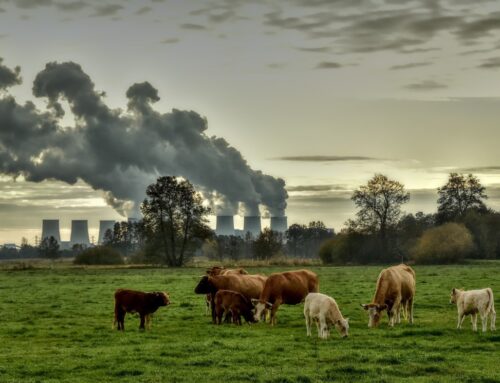Closing date for applications: Monday 7 September 2020
Project background
All countries have to make decisions about how to manage their natural resources, develop the economy, improve the quality and quantity of food, as well as meet greenhouse emissions goals, among many other policy targets. In southern Africa, these issues are exacerbated by legacies of colonialism, shifting demographics, and changing climates and associated increases in natural hazards (e.g. droughts, floods and storm surges). Increased understanding and evidence of how social-ecological systems behave suggests that a lot of these challenges and policy targets are interlinked and often cannot be solved in isolation. For example, climate change can exacerbate poverty, dampen agricultural productivity and increase flooding risks. Similarly, solutions suggested to solve one problem can cause more challenges elsewhere. For example, efforts to reduce carbon emissions through biofuel production can compete with biodiversity conservation and food production for land and other resources. It is therefore important to develop tools and approaches that make it possible to evaluate the areas of tension between various competing policy decisions and desired targets. This project uses an integrated assessment approach to evaluate the connections between policy targets related to biodiversity, food, emissions, land and water use. The approach uses a set of predefined relationships between these targets to determine a combined (un)sustainable outcome. This work is aligned with a global network of researchers through the FABLE consortium.
We seek a Masters student to contribute to the development of the model by applying it on one or several countries in the southern Africa. This model is currently being tested in several countries around the world (including in South Africa), and the task of this Masters degree will be to apply the same model in one or several countries in Southern Africa depending on interest, data availability and time.
This project is linked to the Resilient Waters Project, which is funded by USAID Southern Africa, and aims to build more resilient and water secure Southern African communities and ecosystems through improved management of transboundary natural resources and increased access to safe drinking water and sanitation services. The Resilient Waters Project focuses specifically on the Okavango and Limpopo river basins, with the aim of improving transboundary water security, increasing access to safe drinking water, strengthening the ability of communities to adapt to climate change, and conserving biodiversity and ecosystems. To achieve these objectives, the Resilient Waters Project collaborates with regional institutions, including river basin organisations (RBOs) and Transfrontier Conservation Areas (TFCAs), to examine the critical intersection of social-ecological systems.
This Masters project is also aligned with the CGIAR Research Program on Climate Change, Agriculture and Food Security (CCAFS) Two Degree Initiative.
Methodologies:
1. Learn and use an already established integrated assessment model (No prior modelling experience required but strong interest to learn).
2. Collation of existing data from various databases (international and national).
Project specific requirements:
- • Interest in sustainability and systems thinking.
- • Evidence of good Excel skills (the model is Excel based).
- • Interest in working with varied data and data sources.
- • Willingness to work with, and attention to details.
The successful candidate will be registered for an Mphil in Sustainable Development in the Centre for Complex Systems in Transition (CST), at Stellenbosch University, and supervised by Dr Odirilwe Selomane and Dr Nadia Sitas based at the CST, Stellenbosch University. Successful candidates are expected to commence their degree at Stellenbosch University in January 2021.
Bursary value
Masters full-time over 2 years: R120 000 p.a., excluding field costs.
Requirements
Applications are invited from Southern African nationals from the following countries: Angola, Botswana, Lesotho, Mozambique, Namibia, Zambia, and Zimbabwe.
All students applying for a Masters degree should have completed a three-year undergraduate degree and a one-year Honours degree with a pass rate of 65% or higher. All candidates should show evidence of strong scholarly performance and commitment to publishing. Stellenbosch University will only accept students who meet the minimum academic requirements from recognised higher education institutions.
Students need to be able to communicate and write in English. Preference will be given to students who can work independently, are well organised, and who will be willing to participate in the regular activities of the CST at Stellenbosch University.
To apply
Interested candidates should send electronically:
- a motivation letter detailing why you are well-suited to undertake this project, including your previous experience, your general area of interest, as well as your specific interest in this project and project-related ideas,
- a 2-page CV that includes your academic record, previous work experience, any scientific publications on which you have been an author, and the names and contact details of at least two academic referees,
- transcripts of university-level academic qualifications,
- at least one example of recent written work (e.g. a paper, report, or thesis chapter).
Applicants possessing the prescribed minimum qualifications are invited to submit the above required documents electronically with a subject line “FABLE Masters research” to Dr Joy Waddell: joywaddell@sun.ac.za
If you have any questions on the topic, please contact Dr Odirilwe Selomane at CST: odirilwes@sun.ac.za
We encourage you to submit your application as soon as possible, but latest by 5pm (UTC +2) on Monday 7th September.
CST and Stellenbosch University reserve the right to not fill the post if there are no suitable candidates who meet the requirements












